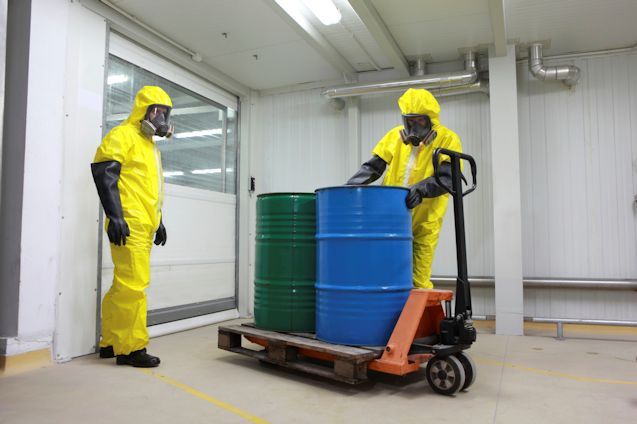The General Duty Clause
Feasible Abatement
The General Duty Clause requires that employers develop workplaces free from recognized hazards.
To do that, employers are expected to use available hazard abatement measures that are feasible (capable of being done) and likely to correct hazards. Generally, abatement measures are economically feasible when the cost of those measures will not threaten the employer's ability to stay in business. Evidence of feasible abatement measures indicates that recognized hazards are preventable.
To determine if abatement measures are available to employers, OSHA looks for the following:
- abatement methods by the employer before accidents/incidents;
- abatement measures by the employer developed after accidents/incidents or inspection;
- abatement measures by other industry employers/companies;
- manufacturer recommendations addressing safety measures for the hazardous equipment; and
- abatement measures suggested in trade journals, national consensus standards and individual employer work rules.
Knowledge Check Choose the best answer for the question.
4-6. OSHA believes that abatement measures are economically feasible when the cost of those measures _____.
You forgot to answer the question!

